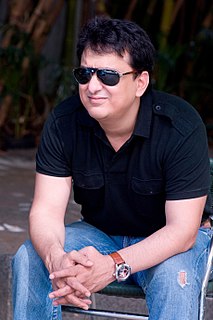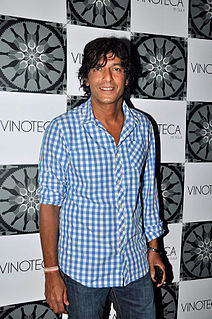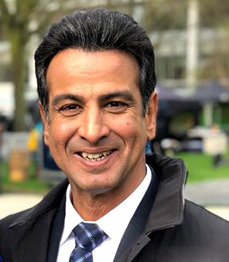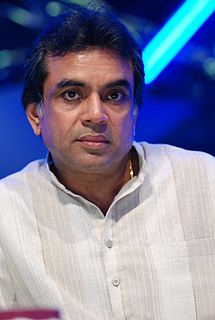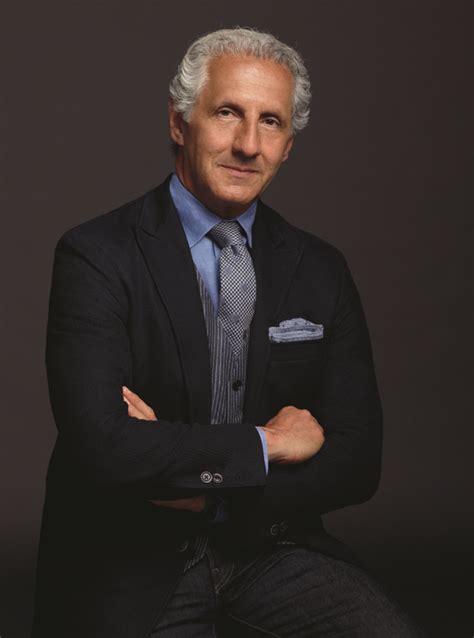A Quote by Anu Malik
When I was working on the music of 'Jaan-E-Mann' and 'Umrao Jaan,' my father was hospitalised. I had to shuttle between hospital and studios.
Related Quotes
Jaan would send me songs and ask me what I thought about his singing. I have always encouraged him, and I always will. He asked me to call a few industry people who I know. I called Mukesh Bhattji, Ramesh Tauraniji and a few others, and Jaan went to meet them, but now it's up to them if they want to give him work.
I was certainly seriously emotionally affected [ when Louise Hillary and Belinda Hillary died], but we were building the hospital at the time and I decided that the only thing to do was to carry on and complete the hospital - and it was a jolly good hospital too, I might say. So I really did it by working and working on the things that Louise and I had been working on.



